- Full-year pre-tax profits up 17% to £447m
- Group like-for-likes rise 5%
- UK like-for-likes up 6%
- Total sales hit £9.7bn
Dixons Carphone has reported a 17% jump in full-year profits, while boss Seb James has shrugged off Brexit concerns.
Pre-tax profits rose to £447m in the year to April 30, the electricals retailer said today. Total group sales were up 3% to £9.7bn.
The business, which was formed from a merger of Dixons and Carphone Warehouse in 2014, said group like-for-likes rose 5% in the period.
James said: “In this momentous year we have… made our shops more interactive and exciting while becoming ever more competitive with pure-play retailers.”
On the UK’s vote to leave the EU, James appeared to play down its potential impact: “As the strongest player in our market and despite the volatility that is the inevitable consequence of such change, we expect to find opportunities for additional growth and further consolidate our position as the leader in the UK market,” he said.
Soaring UK profits
The UK and Ireland was the star performer across the group with like-for-likes jumping 6% and EBIT surging 20% to £365m. Total UK and Irish sales edged up 1% to £6.4bn.
The UK and Irish electricals business delivered a “very solid result”, according to the retailer, with growth in white goods offsetting weaker demand in computers. Meanwhile its mobile business performed “extremely well” as Carphone Warehouse continued to make market share gains following the demise of Phones 4U in 2014.
The retailer is in the process of converting its stores into a new 3-in-1 format, which involves merging PC World stores with Currys and inserting a Carphone Warehouse. The process is due to be completed this year.
Overseas businesses
In Dixon Carphone’s Nordics business, like-for-likes rose 4% although adverse foreign exchange rates led to EBIT falling from £86m to £79m. The Nordic market was challenging due to some aggressive competitive pricing.
Like-for-likes also rose 4% in its southern European operations, largely driven by a strong performance in Greece. In Spain, the business is moving away from owned stores to a franchise model. Owned stores decreased by 52 to 249 stores over the year, while 51 franchise stores were opened.




















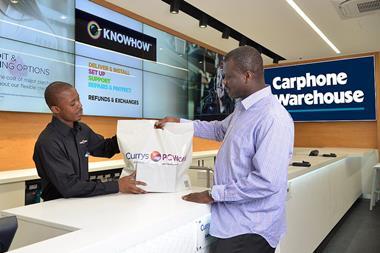
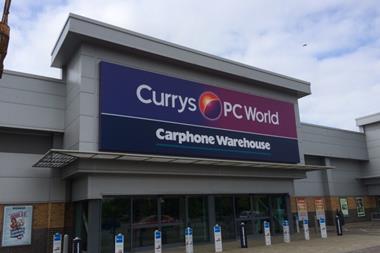
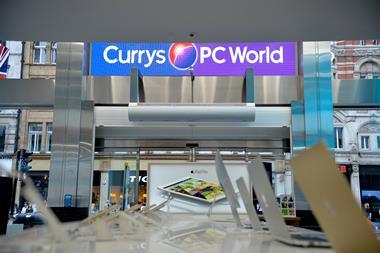
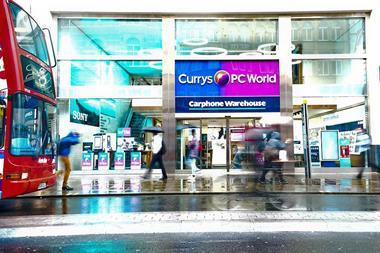

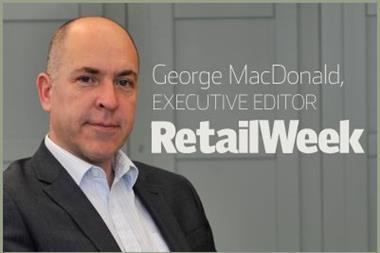
No comments yet